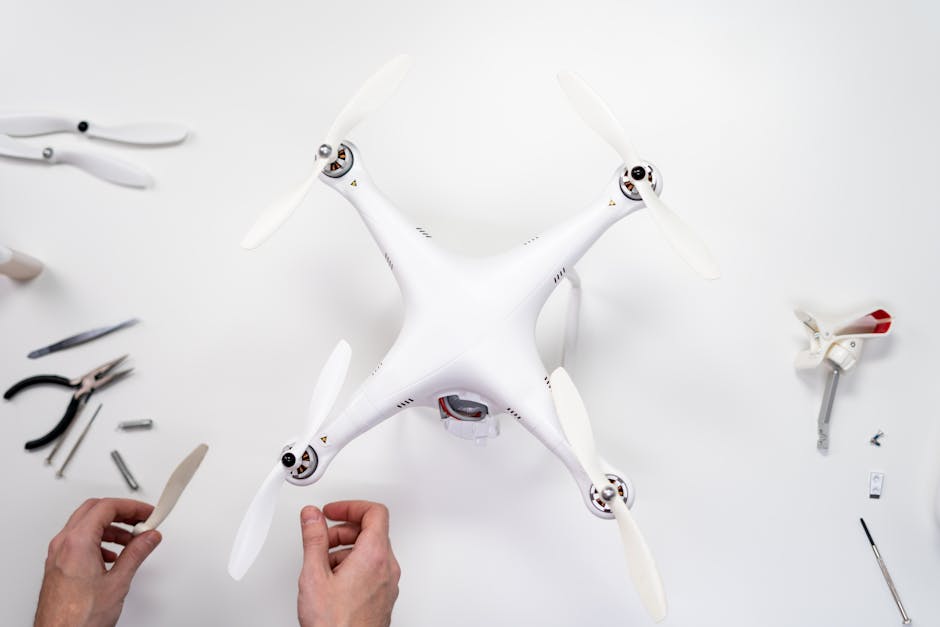Moscow’s RD-93 Engine Sale to Pakistan: A Strategic Move?
Russia’s recent sale of RD-93 engines to Pakistan, intended for use in the JF-17 Thunder fighter jets, has ignited geopolitical debates across South Asia. The deal, which strengthens Pakistan’s air combat capabilities, has drawn attention from Indian defense analysts and policymakers. While some view it as a security threat, Russian experts suggest it could indirectly benefit India.
The RD-93 Engine and Its Role in the JF-17
The RD-93 engine, derived from the RD-33, is a critical component of the JF-17 aircraft, a cornerstone of Pakistan’s air force. This sale marks a notable expansion of Russia’s defense ties with Pakistan, a development that has raised concerns in India given the historically strong Indo-Russian partnership. However, Russian analysts argue that the deal is driven by economic pragmatism rather than geopolitical strategy.
Russian Experts’ Perspective: Economic Pragmatism Over Strategy
Dmitry Stefanovich, a Moscow-based defense analyst, explains, “Russia’s defense industry faces pressure from economic sanctions and the need to diversify export markets. The RD-93 sale to Pakistan is a commercial decision, not a shift in Russia’s alignment with India.”
Stefanovich and other experts believe the deal could indirectly benefit India by accelerating its defense modernization efforts. “This sale could push India to further invest in indigenous technologies like the Tejas fighter jet and its engines,” he adds.
Potential Benefits for India: A Catalyst for Self-Reliance
Russian analysts suggest that the deal could spur India’s focus on self-reliance in defense manufacturing under the ‘Make in India’ initiative. Additionally, it might open doors for deeper defense collaboration between India and Russia. Alexander Gabuev, a senior fellow at the Carnegie Moscow Center, notes, “India remains a key partner for Russia, and this deal could incentivize Moscow to offer more advanced technologies to India.”
Concerns from Indian Defense Experts
However, not all experts are convinced. Air Marshal Anil Chopra (Retd) argues that the sale undermines India’s security. “The JF-17, powered by the RD-93, enhances Pakistan’s air capabilities, directly challenging India’s air superiority. This deal raises questions about the reliability of the Indo-Russian partnership,” he says.
Shifting Alliances in South Asia
The sale highlights the complex dynamics of Russia’s relationships in South Asia. While historically aligned with India, Russia’s growing ties with Pakistan and China introduce new complexities. The JF-17 project itself is a Pakistan-China collaboration, and Russia’s involvement aligns with Beijing’s regional interests.
India’s Response: Diversifying Defense Partnerships
The deal underscores India’s need to diversify its defense partnerships. Over the years, India has increasingly turned to the United States, France, and Israel for defense equipment, reducing its reliance on Russia. This trend is likely to continue as New Delhi navigates the evolving geopolitical landscape.
Conclusion: A Double-Edged Sword for India
While the sale of RD-93 engines to Pakistan may seem like a setback for India, Russian experts argue it could have unintended benefits, such as accelerating India’s defense self-reliance and fostering advanced technology transfers. However, it also highlights the shifting alliances in South Asia, reminding India to remain vigilant in safeguarding its strategic interests.
As the geopolitical dynamics of the region grow more intricate, India must tread carefully, balancing its partnerships and priorities with foresight.




